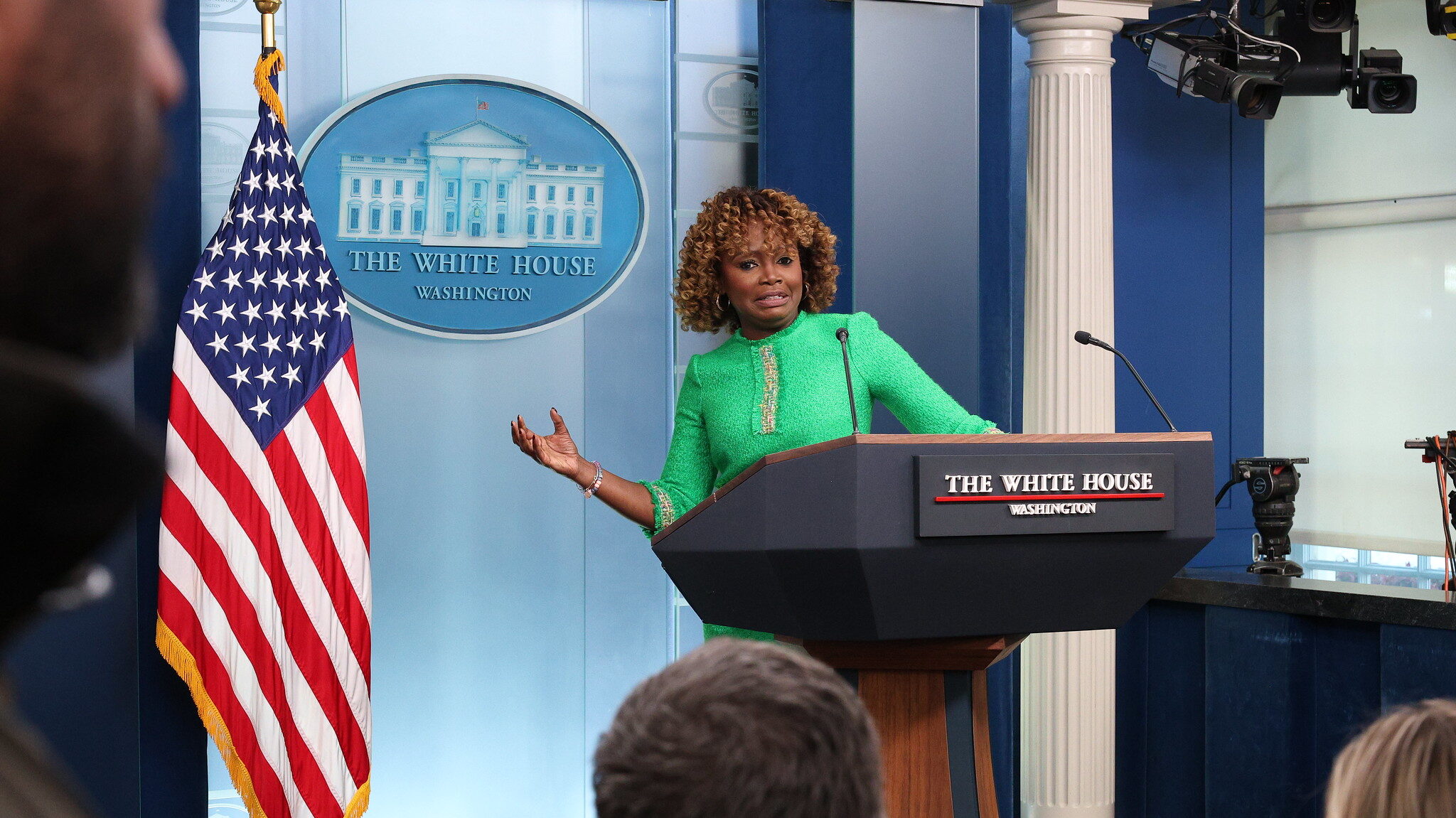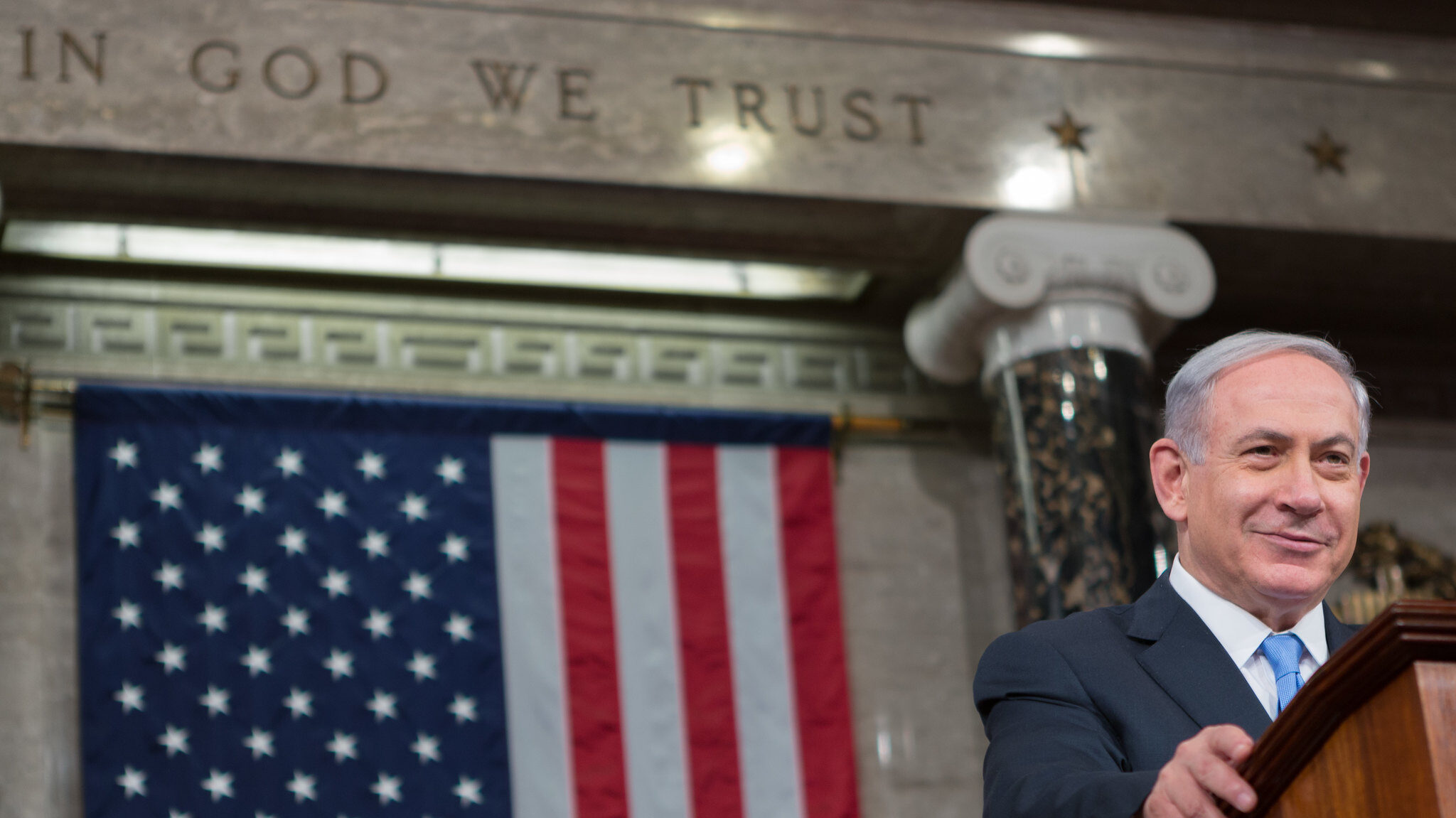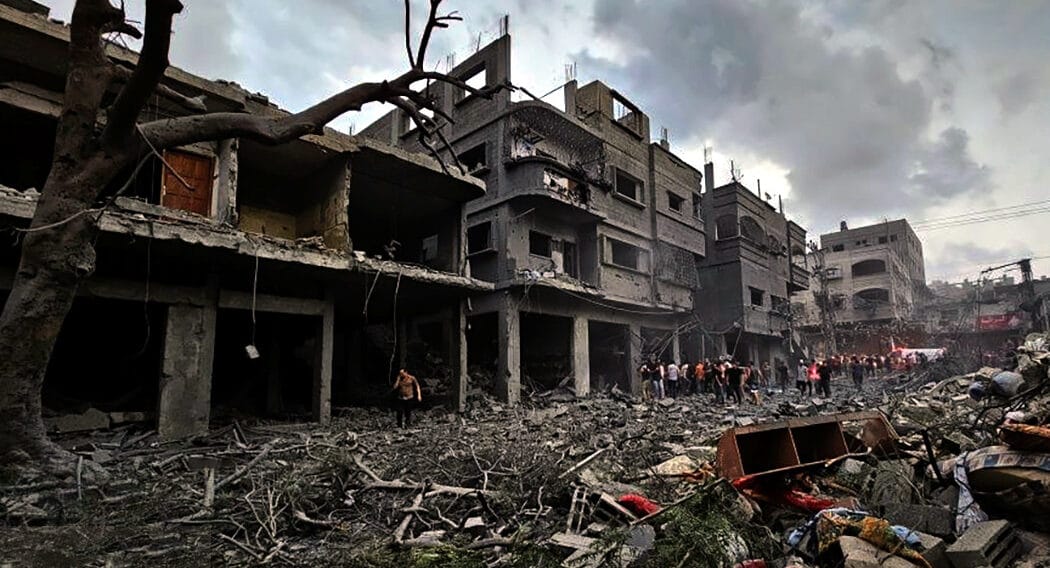Although fewer and fewer people believed it possible, Israel and Hamas announced a ceasefire Wednesday. This should take effect on Sunday. Since the announcement, the Israeli army has reportedly ramped up its attacks, already killing around 116 people. Meanwhile, the Israeli government is questioning the agreement, although ratification is still possible.
The ceasefire was negotiated in collaboration with the leaders of Qatar, the United States and Egypt. They describe it as “an opportunity for peace,” despite continuing Israeli attacks.
The agreement is progressive and should be implemented in three phases. Under the terms of the deal, the Palestinian coalition will release 33 hostages in exchange for Palestinian prisoners. Six hundred truckloads of humanitarian aid will be allowed into the Gaza Strip every day, but NGOs and Hamas leaders say this is not enough. They need more than a thousand trucks a day.
On Thursday, Doctors Against Genocide stressed the urgent need to allow unrestricted access to humanitarian, medical, and relief aid. The organization also called for investigations into the crimes committed by Israel in the Gaza Strip, as well as the targeting of medical professionals and journalists.
In a statement issued following the ceasefire announcement, the organization called for the immediate and unconditional release of health professionals held in Israeli prisons. It also called for these professionals to be protected as required by international law.

Joy and skepticism
Eyewitness accounts from inside the Gaza Strip report that residents erupted in joy when they heard the news of the ceasefire. Umm Mohamed, a 66-year-old woman whose two children died under the bombs, told Al Jazeera: “As soon as there is a ceasefire, I will return and kiss my land in Beit Hanoon in north Gaza.”
“What I realized in this war is that your home, your homeland, and your children are all you have,” she adds. As for Mohamed Abu Rai, a 47-year-old doctor, he said, “I have mixed feelings… but I pray to God that we can return to our normal lives without feeling insecure.”
The Palestinian Youth Movement (PYM) in Ottawa is also skeptical about the situation. In a press release, it points out that after 15 months of war, “the Palestinian people have paid the heaviest price on earth to remain on their land. Sweeping destruction exists in every part of Gaza, and despite the announcement of a ceasefire, Israel continues its relentless bombing campaign while over a million Palestinians continue to endure the misery and indignity of living in displacement tents.”
And they appear to be right to be worried. Minister Bezalel Smotrich of the National Religious Party—Religious Zionism is threatening to leave the coalition government. His departure could bring down the government unless the opposition decides to keep it in place. The fundamentalist religious party denounces the ceasefire as a “catastrophe” and calls for a return to war as soon as possible.
He is also considering resigning. Yet the “successes” he refers to remain unclear. None of the declared aims of the war have been achieved: Hamas has not been destroyed, and Israel has not clearly established itself as an untouchable power in the Middle East.
Following threats from his ministers, Benjamin Netanyahu, the Israeli Prime Minister, declared that Hamas was trying to extort last-minute concessions. “The Israeli cabinet will not convene [to vote on the ceasefire] until the mediators notify Israel that Hamas has accepted all elements of the agreement,” he said in a statement.
And yet, for its part, Hamas denies these accusations. Wednesday, on their website, the Islamic group expressed their gratitude for the international support for their cause, and thanked “in particular the mediators who made great efforts to reach this agreement, in particular Qatar and Egypt.”
But now, this morning, the Israeli security cabinet has accepted the agreement. This is an important step towards ratification of the agreement by the government, which could happen soon, despite the uncertainty. However, experts have more doubts as to whether the agreement will hold after the first phase.

A battle that’s not over
The PYM was keen to point out that this agreement does not really put an end to the war. “Prior to October 7th, Gaza had been under blockade by land, air, and sea since 2007. Palestinians in Gaza received less than 3 hours of electricity per day, limiting access to necessary medical services, medication, food, and clean water.”
It added: “In the wake of this ceasefire, the Gaza Strip remains under this 16-year-long brutal siege. Over time, Israel’s siege has methodically underdeveloped Gaza to the extent that it was deemed ‘unlivable’ by the United Nations in 2020. This fact is only made more evident in the aftermath of Israel’s complete destruction of the entirety of Gaza. It will take decades for Palestinians to rebuild the thousands of homes and civil infrastructure that was destroyed by Israel.”
“Following the ceasefire deal, people of conscience are demanding a complete arms embargo on Israel and an end to the blockade that led to the horrific conditions in Gaza before October 7th,” PYM demands.
It also demands that the Canadian government sever its ties with Israel and hold the country “accountable for its crimes of genocide, apartheid, and ongoing illegal occupation and theft of Palestinian lands.”


Be part of the conversation!
Only subscribers can comment. Subscribe to The North Star to join the conversation under our articles with our journalists and fellow community members. If you’re already subscribed, log in.